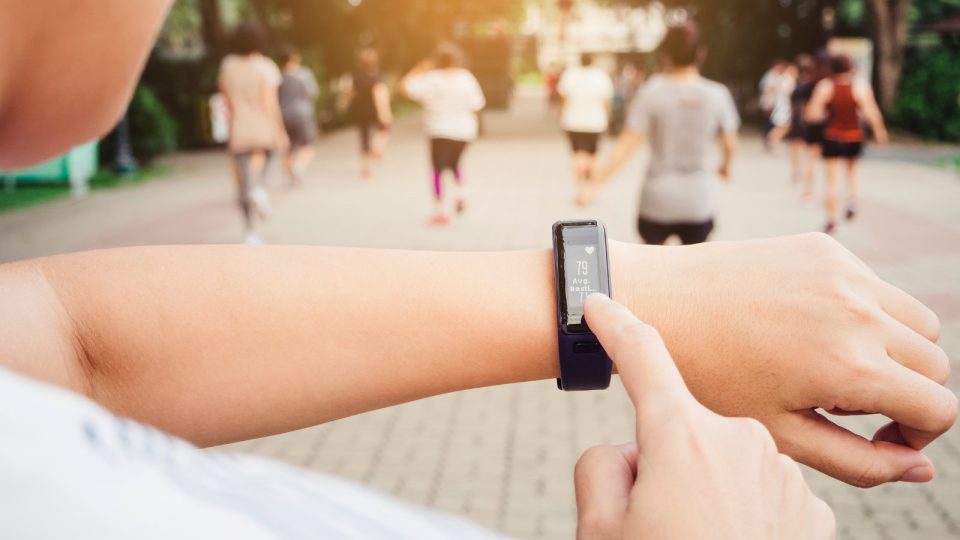John laughed with pure exhilaration as he ran down the path. His heart beat in time to the striding of his shoes on the ground. He had been running for about 20 minutes. His shirt was soaked, his muscles were aching, and he felt great. He never felt so alive.
Not like John? Might be worthwhile to try following in his footsteps. The beating of his heart during each run not only makes him feel alive, it keeps him alive.
All muscles grow stronger with exercise, and the heart is no exception. As the most important muscle in your body, a strong and healthy heart contributes to a happy and healthy life.
Do you know how to keep your heart healthy?
How Running Helps the Heart
Running is one of the best ways to exercise the heart. As you run, the muscles in the legs work harder, requiring more oxygen.
This need is fulfilled by the heart, which pumps faster to distribute more oxygen rich blood to these muscles.
Although it sounds counter-intuitive that tiring the heart out should be good for it, it’s true. The heart gets strengthened on such workouts.

Here are some cardiovascular benefits of running:
- Improves blood circulation
- Reduced risk of heart attack
- Improved survival rates in event of an heart attack
- Lowers blood pressure
- Increases elasticity of arteries (blood vessels)
- Relieves stress
But why choose running over other sports? This is not to say that swimming, cycling, tennis, badminton and the rest are not good for you. They are. But if you are not exercising regularly, here’s why you should give running a try.
It Works
A study done by the Stanford University School of Medicine – involving 538 runners and 423 healthy non-runners above the age of 50 – from 1984 to 2005 concluded that each year, runners found it easier to do everyday things, from shampooing hair to cutting meat.
Most significantly, by the end of the study, 85 percent of the runners were still alive while only 66 per cent of the non-runners remained.
It is Easy and Cheap
No need to spend a bundle on fancy equipment. All you need is a good pair of running shoes. No need to hire that expensive coach either.
After all, everyone knows how to put one foot in front of the other. It’s like walking, only faster. Of course, if you are serious about getting into the competitive arena such as endurance running, then it’s a different story.

What are you waiting for?
Get off the couch and put on your running shoes. Join John and countless others in the running community who have made running a part of their lives.
It is not as difficult as you imagine. All you need to do is take that first step. And then another, and another. Choose for your heart. Choose to start running. Choose life and join a virtual race.
How to Boost Your Heart Health?
Can running cure heart disease?
According to a study by American Heart Association, running 30 minutes a day, five days a week will improve your heart health and help reduce your risk of heart disease. People who engaged in 150 minutes of moderate-intensity leisure activity per week had a 14 percent lower risk of coronary heart disease than those who reported no exercise.
Can you run if you have heart problems?
Yes, studies reveal that people with heart failure were found to benefit from exercise, which increases the heart’s ability to pump blood over time and improves quality of life. Running may help lower your blood pressure and cholesterol and make your heart muscle stronger. Always check with your doctor before starting an exercise program and pace yourself and know your limits if you had heart conditions.
How to prevent heart disease?
Studies indicate that pairing a healthy diet with regular exercise is the best way not only to prevent heart disease, but to reverse some risk factors. Other ways to prevent heart disease includes: managing stress, stop smoking, limit alcohol, get good quality sleep, maintain a healthy weight, control your blood pressure and keep your cholesterol and triglyceride levels under control.
How does running affect your heart?
When running, blood flow is directed toward working muscles and away from areas that aren’t doing much. There is increased blood flow, and blood volume returning to the heart. Over time the heart can hold a larger blood volume and stimulates the production of new blood vessels which results in more efficient circulation and a stronger heart.





